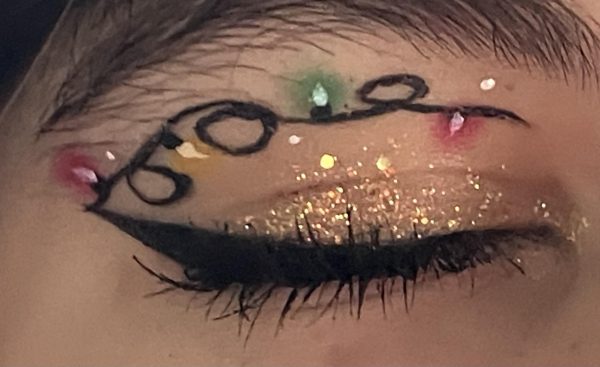Autism Awareness Month needs more public support

I told my little brother, Michael that I was going to write something about him. His response? “Uh . . . you are stalking.” He recently learned what that word means and takes the term extremely literally.
Michael is eleven years old and the most important person in my life. He also has Asperger’s syndrome, an autism spectrum disorder that inhibits one’s ability to socially connect and communicate with others. The She Knows website noted that parents and family members of children diagnosed with an autism spectrum disorder often showcase “confusion” on how to proceed and care for their loved one. Having lived with my brother for eleven years, I like to think I have learned how to be both a decent sister and a caretaker.
First of all, anyone on the autism spectrum, as well as any health issue, needs patience. Michael gets angry or upset, and he has no idea how to express those emotions to others; therefore, a lot of times it may seem as though he is acting out or “causing a scene” behaviorally. In reality, Michael is not a bad kid. He struggles to convey what makes him upset, so the easiest way to do that for him is to “act out.” Showing patience and understanding means not giving into the urge to yell or take what he or she says personally. Just be there for him or her; I promise that is exactly what they want.
I also have learned the importance of allowing him or her to be independent. Michael is eleven years old, not five. He needs to be treated as a normal child rather than a baby. One cannot just scream at a child with autism and expect the child to attentively listen; he or she will shut down. Approach these situations with a calm, cool and collected tone. I promise it works. (It also works with pretty much everyone, so I really suggest trying it.)
April is Autism Awareness Month, and buildings all over the country are “lighting up blue” to promote the movement. Obviously, Autism Speaks, an organization dedicated to educating individuals on the disorder, knows that awaring others of the disorder does not entail some sort of “prevention plan.” The science behind the disorder is a little shaky, however, most believe autism is present at birth and the symptoms develop as one ages; Autism Speaks hopes to make people aware and educated on the symptoms of autism, so that people can better understand those in their family, school, workplace or just community. According to She Knows website, one in every 150 children is on the autism spectrum. Thus, there is bound to be a time when one comes in contact with a child who needs more patience and care than the average.
Michael is not an “autistic child”— he is a child with autism. His disorder does not define him. He is a special boy, with an eye for detail. He is the one person in my life who is consistently there for me in everything. He might not understand idioms, as he takes everything extremely literally, but he knows how to be compassionate. It is important to show the same compassion to him, and I guarantee a reward will come from it.




